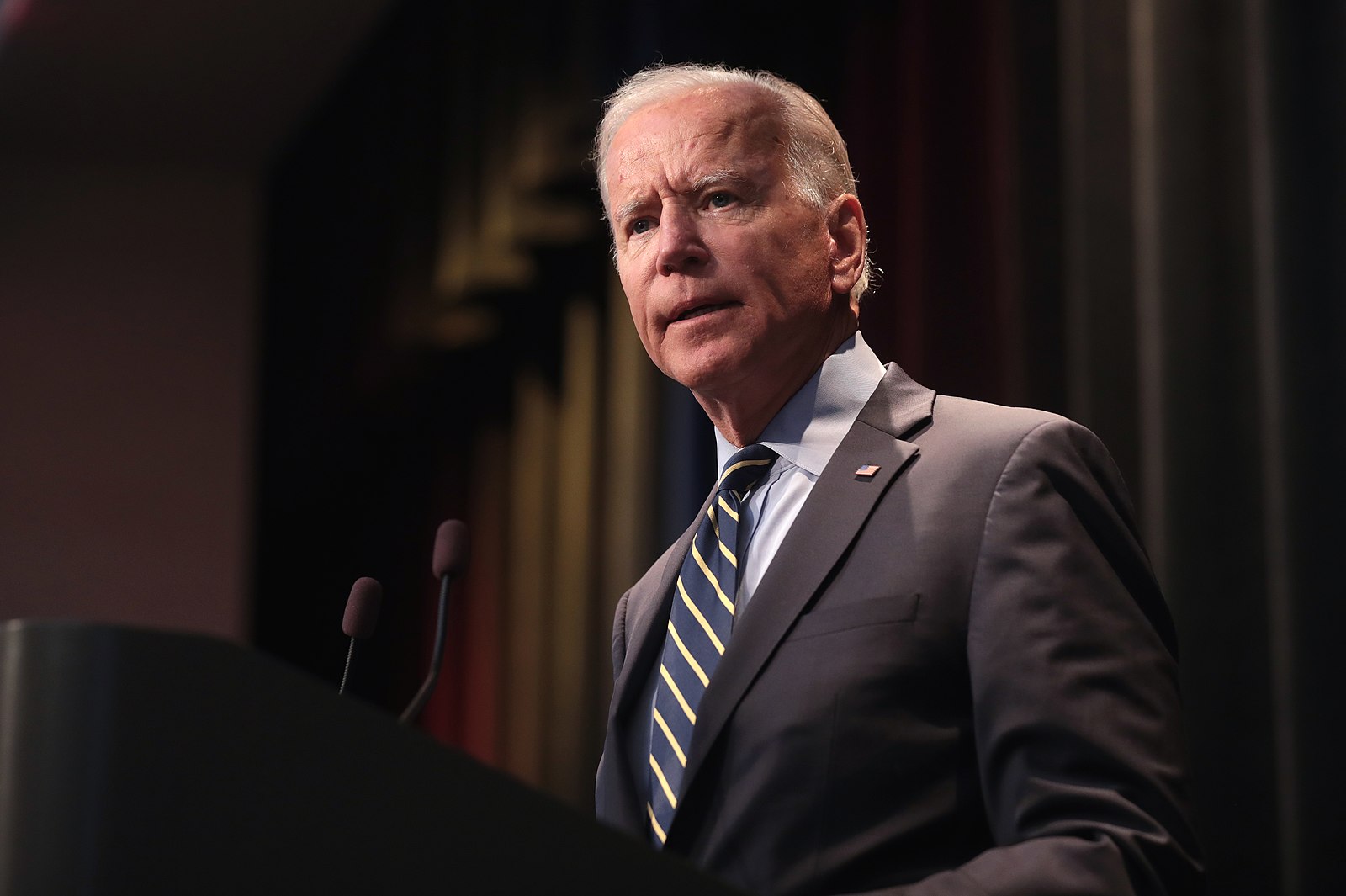
Wikimedia Commons
The past two weeks have sparked a new wave of policy focused on racial equity, both in Washington and in New Haven.
President Joe Biden signed multiple executive orders on Jan. 20 and Jan. 26 aiming to advance racial equity at the federal level, including a directive for each agency head to conduct an equity assessment of their department. The administration also nominated a historically diverse sheet of cabinet nominees. In the Elm City, the city aldermanic Health and Human Services Committee approved on Jan. 28 a two-page report with policy recommendations meant to address racism as a public health issue.
The announcements have excited racial justice advocates in New Haven, who hope the White House’s executive orders and the city’s resolution on racism can jumpstart local momentum for systemic change in policy prioritization. Still, the leaders have stressed the need for continued activism despite the introduction of a more sympathetic administration.
“What ends up happening now is that racism goes back to being covert as opposed to overt,” Citywide Youth Coalition Executive Director Addys Castillo, told the News. “Racism still exists. It doesn’t matter who is in a position of authority.”
Castillo said that contemporary concerns of racism should focus on the centuries of discriminatory practices that created the “systems we operate under today.”
Chaz Carmon, the president of the youth anti-violence organization Ice the Beef, expressed support for the early waves of executive actions implemented by the Biden administration that attempt to address systemic racism. He also touted the administration’s dedication to diversity in its cabinet appointments. However, he expressed his concern that the new administration has yet to roll out plans to address two Ice the Beef policy concerns: gun violence and the opioid crisis. He told the News that racial equity depends on a government response to these community issues.
“The sad part is people have been dying in inner city neighborhoods for years and years,” Carmon told the News. “Then when it hits home into the more affluent communities, now it’s a problem.”
For President of the Greater New Haven NAACP Doris Dumas, the introduction of the new administration promises an opportunity to work with the federal government, instead of against it, as she felt her organization often had to do under the administration of former President Donald Trump. Dumas said she hopes the next four years are an opportunity to address the needs for improved education, housing, health and transportation policy. This focus, she said, would greatly benefit communities of color.
“We’re talking about years and years of disparity,” Dumas told the news. “We’re talking about why we even ended up in this situation and why there’s a disproportionate effect with Black and brown people dying at the highest level.”
All the three leaders expressed optimism for the new administration’s initiatives, though all emphasized that they hope for systematic changes across sectors of society.
“Anti-racism can’t be the new sexy lingo to use,” Castillo told the News. “It just can’t be helping a community. It’s about folks changing the system that they’re a part of.”
In New Haven, the Board of Alders awaits a vote on policy recommendations approved by the board’s Health and Human Services Committee and first created by an aldermanic working group on “racism as a public health issue.” This group was created after the board declared racism a public health issue last July. The board will vote on the resolution on Feb. 16.
Recommendations in the report include COVID-19 testing and vaccinations for all public school staff and students, enhancements to the city’s public transportation to improve access to work sites for underserved communities and expansion of money transfers through the Temporary Assistance for Needy Families, or TANF. Ward 26 Alder Darryl Brackeen, chair of the Health and Human Services Committee, said at the committee meeting that he was pleased the city of New Haven would be moving forward with these policy recommendations.
“We are the first city, might I say probably in the country, to not just declare racism as a public health issue, but to actually fast forward comprehensive recommendations to move forward to this full Board of Alders,” Brackeen said.
Local racial justice leaders welcomed this legislation but told the News that change requires bolder steps.
“It’s not going to be easy at all,” Carmon told the News. “But it’s good they’re making it [racism] a crisis, [racism has] always been a crisis. I just hope there [is] some sound stuff going on after we make it a crisis.”
Castillo also mentioned that if the city is going to address racism as a public health issue, one of the largest ways they can do that is regarding how the city prioritizes funding. He said the city needs to prioritize education, housing, health and health care before continuing to “throw money” at issues including “the over-policing of a city and the overdevelopment of crime.”
The Board of Alders is having their next meeting on Feb. 16.
Alvaro Perpuly | alvaro.perpuly@yale.edu
Interested in getting more news about New Haven? Join our newsletter!







